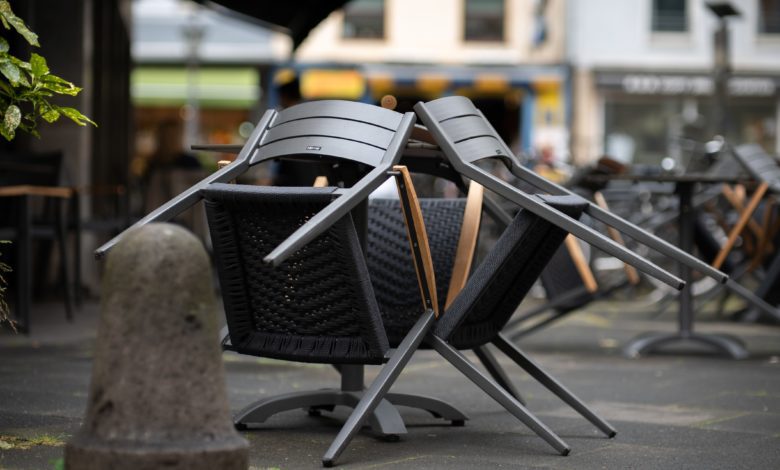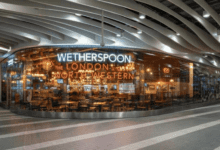Managed groups sales dip 11% in December
The CGA’s latest tracker highlighted a tougher Christmas for managed pubs and bars, where sales were down by 12% and 19% respectively, than for restaurants, where they were down by 8%

Britain’s managed restaurant, pub and bar sector suffered a double-digit drop in sales from pre-pandemic levels in December, following the widespread cancellations of Christmas celebrations, according to the latest Coffer CGA Business Tracker.
The research found that total sales in the month were down by 11% on December 2019, following four successive months of 2021-on-2019 growth. According to CGA, this shows the “damaging impact” of Omicron on the hospitality sector, as many opted to stay at home in the run-up to Christmas.
The tracker highlighted a tougher Christmas for managed pubs and bars, where sales were down by 12% and 19% respectively, than for restaurants, where they were down by 8%. It also highlights a “particularly difficult” month for London, with sales down by 19% across the city, more than twice as big as the drop of 8% beyond the M25.
Karl Chessell, director – hospitality operators and food, EMEA at CGA, said: “These figures show the hugely damaging impact of consumers’ anxiety and restrictions on trading at what should have been the busiest time of year.
“Restaurant groups in particular did well to shore up sales as much as they did, but on top of rising costs, supply problems and staff challenges, the difficult December leaves many businesses without the buffer of cash they would normally rely on in January. Demand for eating and drinking out remains strong, but the sector needs support on tax and other pressures if it is to help power the UK’s economic recovery when Covid-19 restrictions finally ease.”
David Coffer, chairman at Coffer Corporate Leisure, said: “The results are not surprising. If anything, many anticipated worse. The pre-Christmas growth was euphoric and in stark contrast to the major drop-off in the most important trading months of the year.
“The industry lives in hope that the impending lifting of restrictions, especially working from home, will see a spike in demand in the early part of the year. The industry is desperately in need of cash injection and there are many, no doubt, who will be on the brink of closure as a result of the impact of Omicron. The spectre of debt in so many forms is ever becoming a reality and we may well see an abundance of casualties throughout the industry as a result.”
He added: “London was a virtual desert throughout the seasonal period as a result of the restrictions of congestion charge, parking and health warnings which made punters consider a visit to the central core over the festive period with great caution. The big question is whether the culture of central city leisure has changed irreversibly – only time will tell.”
Paul Newman, head of leisure and hospitality at RSM, concluded: “Although not unexpected, these figures represent a devastating month for the UK eating and drinking out sector. December is such a crucial period for most operators, often representing three times the trade of a normal month.
“Alongside a fall in sales, profit margins will have been more acutely hit when stock wastage and lower staff productivity are factored in. The relaxation of Plan B restrictions cannot come soon enough and I urge those customers who had their Christmas plans cancelled at short notice to rebook them in the coming weeks to support the recovery of their local pub or restaurant.”






